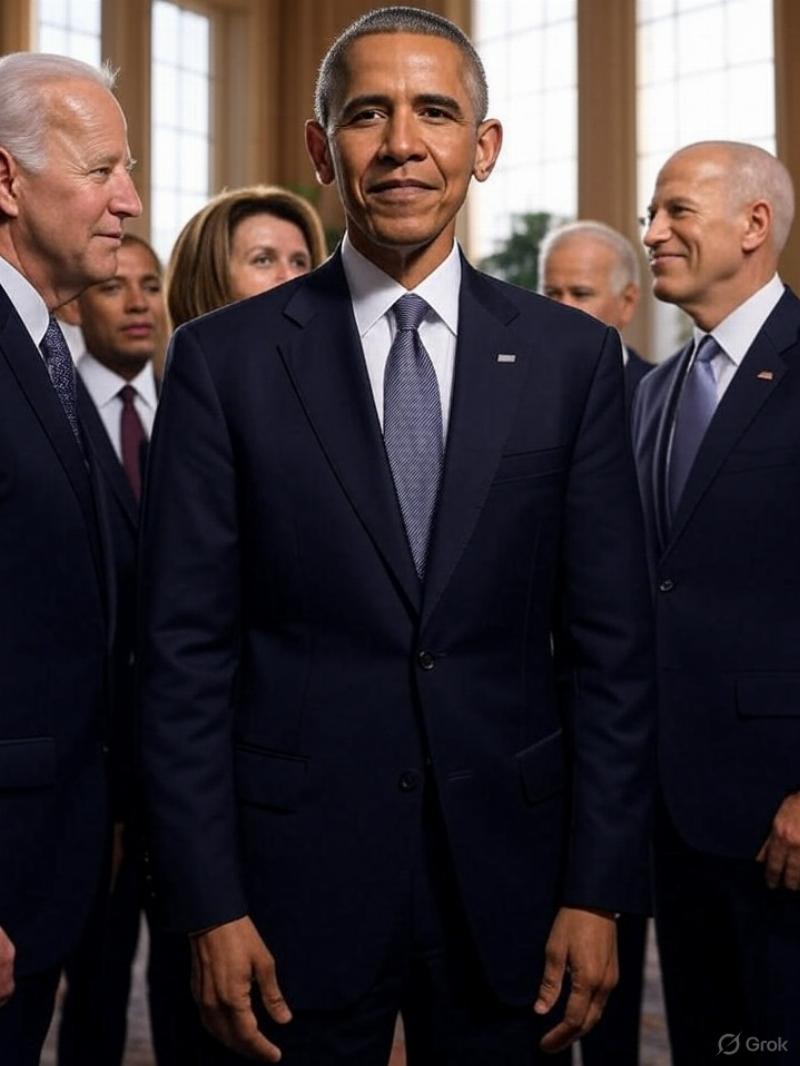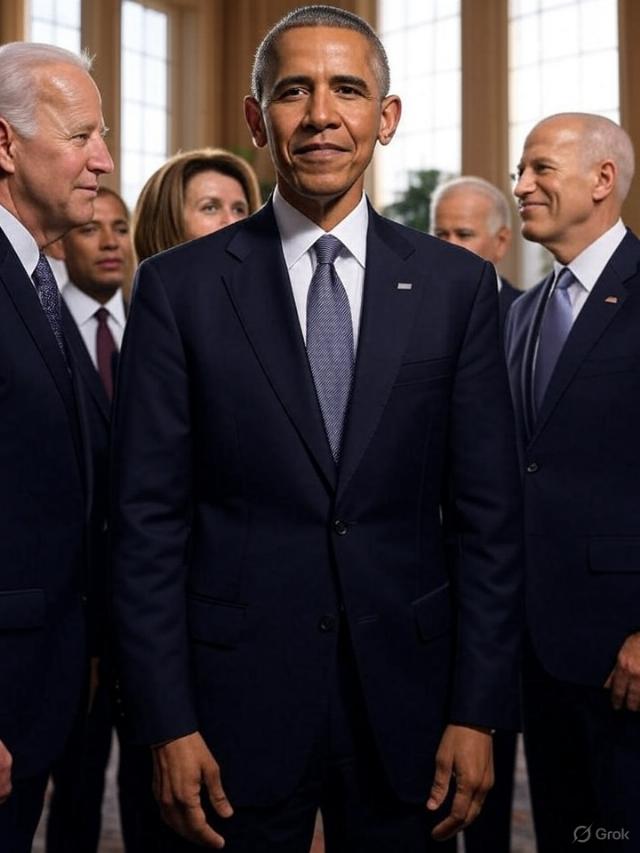


Baltimore native Isaiah L. Carter was once a conservative, but became a leftist over time. Last February he accused the Democrat party of “deception, corruption and political manipulation.” He wrote,
This f**king political party, the Democratic Party, have lied to us about everything. They’ve lied about being the party of the middle class. They’ve lied about being the party of peace. They’ve lied about being the party that wants to help poor people.
[snip]
This is a cadre of criminals and losers and spoiled children of affluent parents who were more concerned about looking good than actually doing good. These are people who were more concerned about looking like they were doing something for the American people than actually doing things for the American people, and that’s why I’m so angry, because this party lied to me while stealing my tax dollars.
Mr. Carter certainly sums it up.
The Democrat party is also criticized for its apparent reluctance to hold prominent members accountable. The party’s leadership has prioritized political expediency, loyalty, and institutional power over accountability. There are systemic factors within the party’s structure that contribute to this sort of leniency. The party often relies on entrenched figures who wield significant influence, making it difficult for the party to hold their members to account.
There are numerous examples. A prominent one is the Chappaquiddick incident of 1969, where Senator Ted Kennedy drove his car off a bridge, resulting in the death of Mary Jo Kopechne. Kennedy delayed reporting the accident for 10 hours, yet faced only a two-month suspended sentence and a year-long license suspension. Despite the severity of the scandal, Kennedy eventually became a revered figure in his party, often called the “Lion of the Senate.” His value as a charismatic leader and heir to the Kennedy legacy likely outweighed calls for harsher consequences, as the party sought to maintain its influence in the Senate and beyond.
The 1985 “waitress sandwich” incident, involved Kennedy and Senator Chris Dodd (D-CT), who allegedly assaulted a waitress at a Washington, D.C. restaurant, received very little blow-back. Both senators repeatedly won re-election, and Dodd later joined Joe Biden’s vice-presidential search committee in 2020. This suggests the party viewed such incidents as secondary to political utility.
Bill Clinton’s survival of the Monica Lewinsky scandal in the 1990s also exemplifies this pattern. Despite allegations of perjury and obstruction of justice, Democrats rallied around Clinton, framing the impeachment as a partisan attack. His political acumen and popularity ensured his continued leadership, as the party prioritized maintaining power over addressing ethical concerns.
Some party members may have feared weakening the party’s public image by appearing prudish, or providing ammunition to political opponents. Columnist Marjorie Williams wrote in Vanity Fair, “Now see your President, tall and absurdly debonair, as he dances with a radiant blonde, his wife... Forget the dog-in-the-manger, down-in-the-mouth neo-puritanism of the op-ed tumbrel drivers, and see him instead as his guests do: a man in a dinner jacket with more heat than any star in the room.” Williams’s use of language such as “debonair” and “down-in-the-mouth neo-puritanism” come across as appeals to sophistication and a disregard of conventional morality.
The claim of a “scandal-free” Obama administration, ignored issues like the Fast and Furious operation, the IRS targeting of conservative groups, or the vast amounts of cash he sent to Iran. By downplaying these controversies, the party sought to maintain a narrative of integrity, even at the cost of transparency.
Allegations against then-Secretary of State Hillary Clinton regarding the sale of classified hypersonic missile technology to Russia were downplayed by party leaders. Addressing these claims head-on risked undermining her 2016 presidential candidacy by giving Republicans a narrative to exploit. Julius and Ethel Rosenberg must be spinning in their graves.
Joe Biden’s incompetence and dishonesty are legendary and his administration was plagued with scandals involving cabinet members. Nevertheless the party’s focus on legislative priorities overshadowed calls for accountability until his weakness became a political liability.
Senator Bob Menendez’s (D-NJ) 2023 indictment for accepting bribes, including cash and gold bars, did not immediately lead to his expulsion from the Senate or ostracism by party leaders. His long-standing influence and connections within the party likely delayed decisive action, as leadership weighed the cost of alienating a powerful figure against public backlash.
More recent examples of party members whose utility overrides their failures include Nancy Pelosi, Alexandria Ocasio-Cortez, and Ilhan Omar. It is an exercise in futility to compile a list of legislative actions or public pronouncements from Democrats that have made America safer, stronger, more prosperous and more united.
The Democrat party’s need to maintain a diverse coalition and appeal to progressive voters discourages measures that could alienate key constituencies. The party’s self-perception as a champion of progressive causes creates a reluctance to scrutinize its own members, fearing it might undermine their alleged moral authority. This failure to consistently hold its members accountable stems from a combination of strategic pragmatism, fear of political fallout, systemic entrenchment, and a desire to protect its ideological image. Their claim to the moral high ground rings hollow, however, when we examine their pattern of scandals, including the ones listed above.
Historical cases like Chappaquiddick and the Lewinsky scandal, alongside modern examples involving Bob Menendez, Hillary Clinton, and Joe Biden, illustrate how the party prioritizes power and unity over addressing serious allegations. While this approach may preserve short-term political gains, it erodes public trust and what’s left of their ethical credibility.

Image from Grok.
